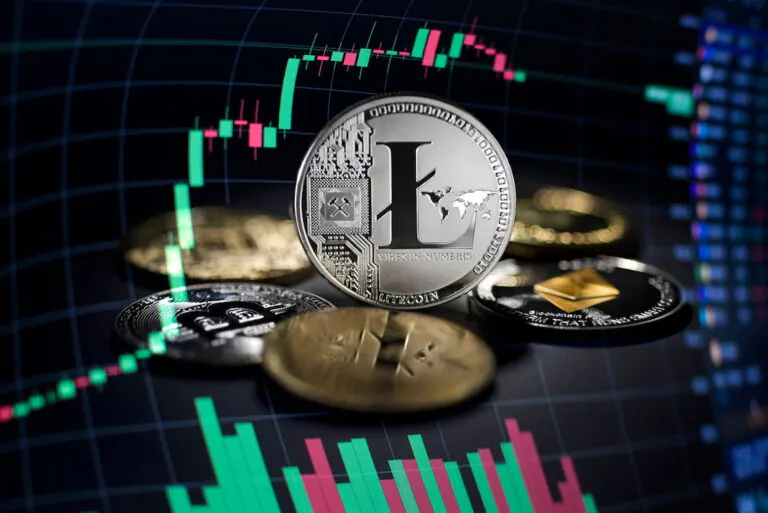The Ethereum blockchain is a distributed ledger system designed to create decentralized applications. One of its main goals was to facilitate money transfers and get rid of intermediaries during transactions in global financial systems. One of the cofounders of Ethereum is Anthony Di Iorio.

Financial Monitoring and Banks in Ukraine: Is a 30% Fee for Closing an Account Legal?
In recent weeks, a troubling trend has emerged in Ukraine: some banks have begun charging up to 30% in fees for closing accounts, particularly in situations where this occurs due to violations of financial monitoring rules. This issue has sparked outrage among customers who consider such practices unlawful.
What are the Reasons for Account Closures?
In Ukraine, banks have the right to terminate contracts with customers for various reasons, including non-compliance with financial monitoring rules. However, as explained by the National Bank of Ukraine (NBU), charging fees for financial monitoring is not legal. Banks do not have the right to impose penalties for a failed financial review of an account.
According to information provided by “Minfin,” banks do not always transparently inform customers about the reasons for account closures. For example, aside from financial monitoring issues, banks may decide to close accounts in cases of providing inaccurate information or suspicions of illegal card usage.
How are Fees Determined?
Typically, when a bank closes an account, it may charge 20-30% of the total amount in the account. This fee is not a penalty for failing to pass financial monitoring; it is charged within the framework of cash management services (CMS) during the process of returning funds. This raises concerns among customers, as usually no clear explanations are given for why the account was closed.
The Position of the National Bank
The National Bank of Ukraine stated that each bank has the right to establish its own pricing policy within the framework of current legislation. However, this creates conditions for abuse. Customers receiving information about the closure of their accounts and the corresponding fees often cannot find out on what grounds such a decision was made.
The NBU also emphasized that banks must adhere to legislative norms that prohibit imposing penalties for financial monitoring. However, the mechanisms for controlling these actions remain insufficient, which can lead to potential abuses by financial institutions.
What are the Risks for Customers?
Customers should be particularly cautious when choosing banking services. In the context of economic instability and financial market fluctuations, this practice further undermines trust in the banking system. Many Ukrainians may face unexpected expenses when a bank closes their account and charges a fee for the return of funds. This is especially critical for those who rely on these funds to meet their financial obligations.
Conclusion
The situation regarding fees for closing accounts in Ukrainian banks requires attention from both regulators and customers. Banks do not have the right to impose penalties for failing to pass financial monitoring, but fees for returning funds can become an unpleasant surprise for many Ukrainians. Consequently, it is important for customers to be informed about their rights and obligations, as well as the potential risks associated with maintaining bank accounts.
Given recent events, customers should be attentive and cautious when choosing banking services. Increasing the transparency of financial institutions and clarifying service conditions can help improve trust in the banking system. In turn, this may positively affect the overall financial stability of the country.
As this issue becomes increasingly relevant, it is crucial to pay attention to changes in bank policies, consult with financial experts, and be prepared for potential risks associated with financial transactions. Only through awareness and an active stance can customers protect their financial interests in the current financial market of Ukraine.
Start your crypto exchange with Coin24

Exchange BTC, ETH, USDT and more — cash or card

Secure and fast crypto exchange since 2018



